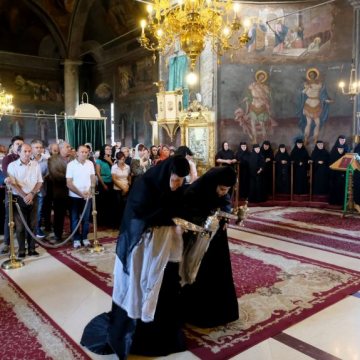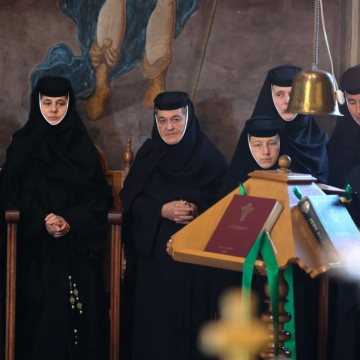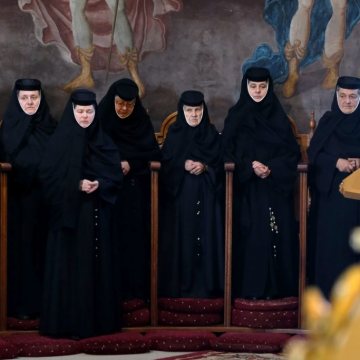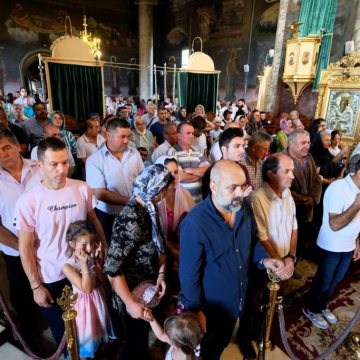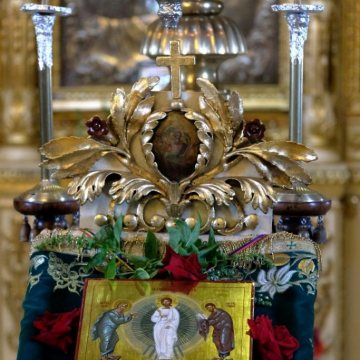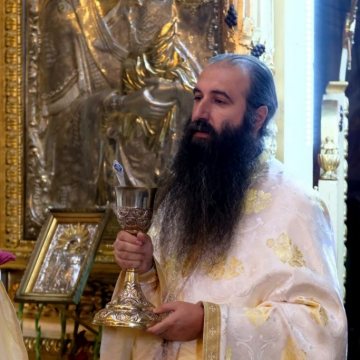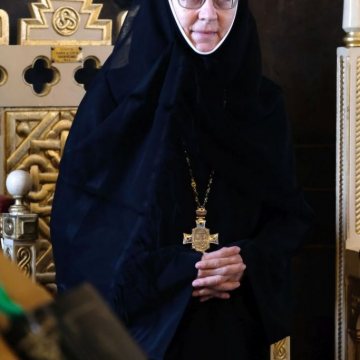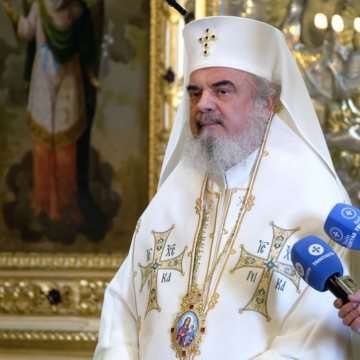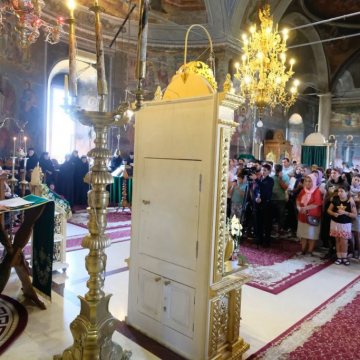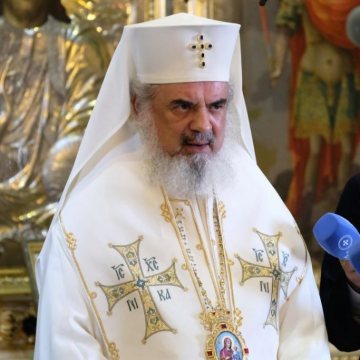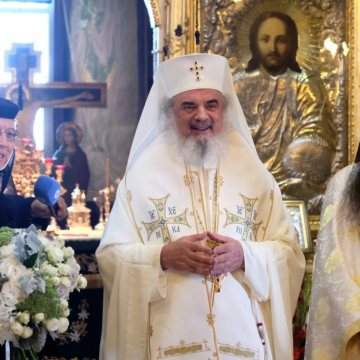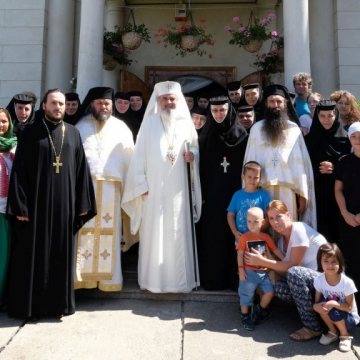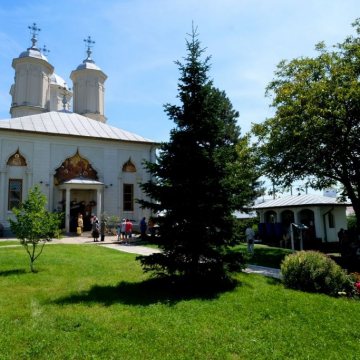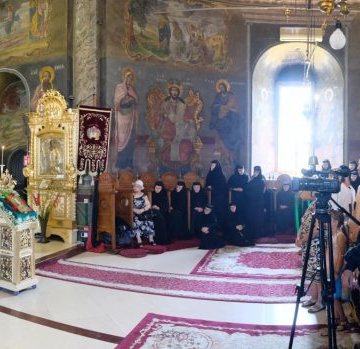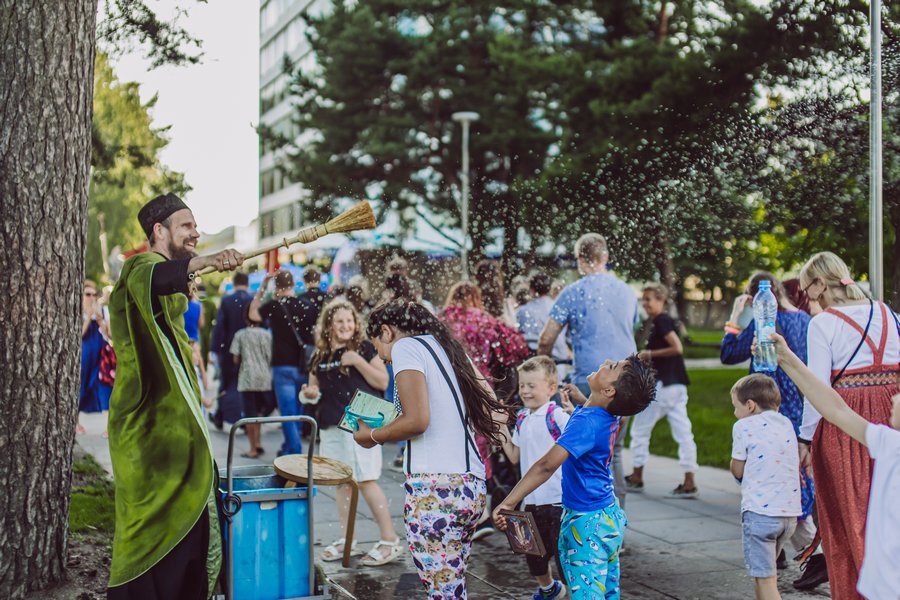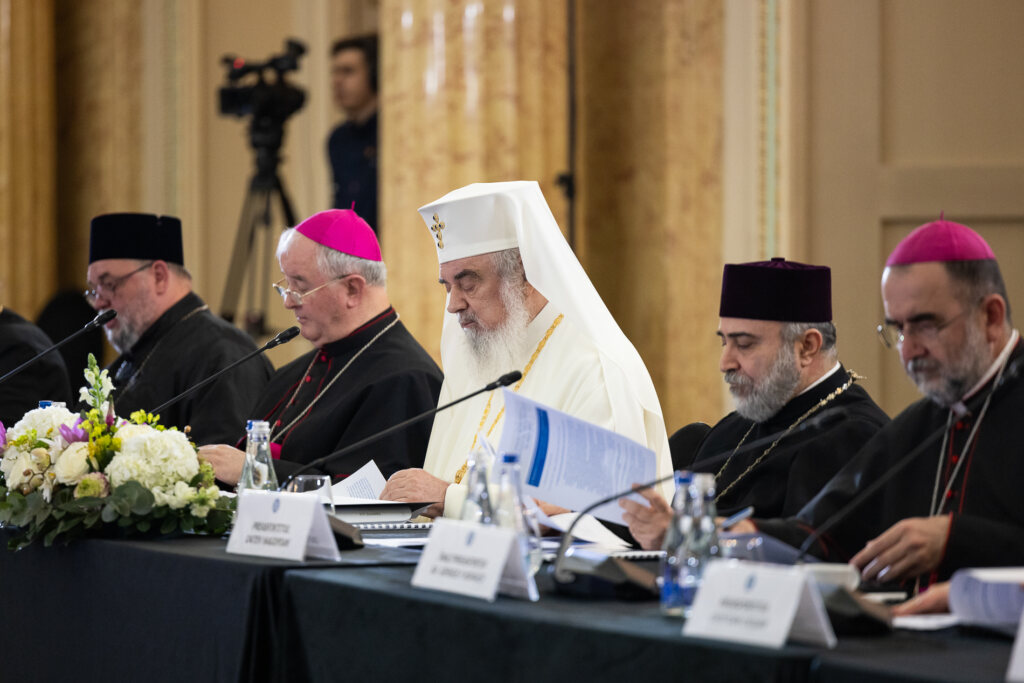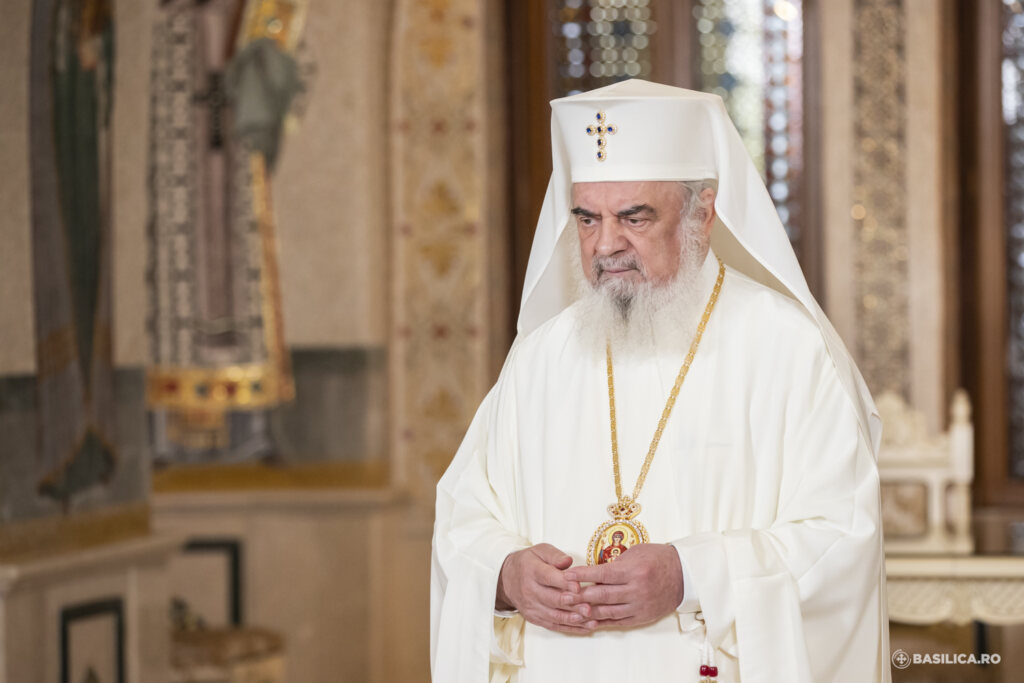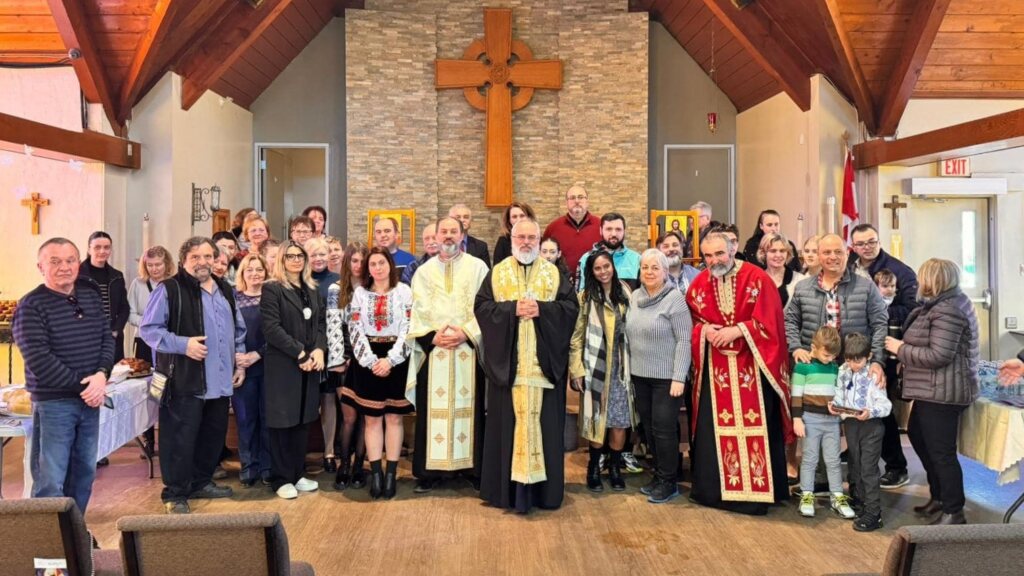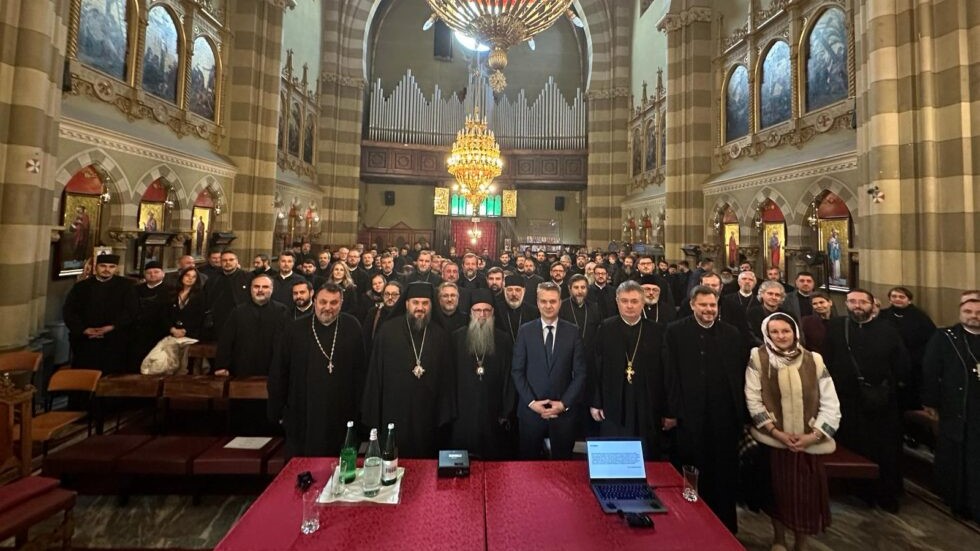During his homily delivered Sunday at the Pasarea Monastery near Bucharest, His Beatitude Patriarch Daniel offered his reflections on the Parable of the Unmerciful Servant (Matthew 18:23-35), cautioning that forgiveness draws peace, while hatred, disunity, and enmity dehumanize.
‘Forgiveness in today’s gospel in not just a simple individual attitude. It refers to the community, however small it may be: family, Church, society, people or peoples, entire humanity,’ the patriarch said.
Peace in family and society
In this context, Patriarch Daniel explained that when man loves and forgives, the conflicts in his family or the society change. ‘The quarrels stop; consultations, the good counsel, the good deed and word start.’
‘In the same way in society, when people forgive each other as God forgives them, a new life begins, and society becomes more humanized. But if people foster hate, disunity, enmity, then society enters into a sort of tortured, spiritually poor existence, and people dehumanize, they become evil.’
‘The forgiving and kind-hearted man resembles God,’ the Patriarch stressed, pointing to the Romanian folk saying ‘to be a man as God’s bread’.
While pointing to the meanings of the Parable, Patriarch Daniel said that ‘God rebukes to correct those who have received His forgiveness, but who do not forgive in turn those who have wronged them.’
His Beatitude noted that the gospel passage containing the Parable of the Unmerciful Servant is ‘a Gospel of forgiveness and accountability.’
God’s love is beyond all calculation
The Romanian Patriarch went on to reflect on the master’s mercy who not only postponed the payment of the huge debt the servant had, but cancelled it completely.
His Beatitude explained that the 10,000 talents – the servant’s debt – was huge, the equivalent of almost 490 tons of gold. Thus, from this parable we understand how great ‘God’s power to forgive’ is.
‘It is beyond all calculation,’ His Beatitude said. ‘God’s generosity, open-handedness, magnanimity, kindness, and merciful love are above all arithmetical, financial or accounting calculations.’
The Patriarch of Romania noted that ‘Christ the Lord willingly referred to this great amount of gold to compare the great debt man has to God and the small debts people have towards each other.’
‘God forgives great debts, but people cannot forgive even the small ones,’ the patriarch highlighted.
‘And forgive us our debts’
His Beatitude Patriarch Daniel also referred to the translation of the Lord’s Prayer (Our Father).
He reminded that according to the Greek version of the Lord’s Prayer, we ask God to ‘forgive us our debts’.
Surprisingly, in Romanian there is a translation with a wider spiritual meaning of the term, related to moral and spiritual debts. The Romanian translation did not follow the Greek New Testament meaning, using the term err or trespass.
The patriarch explained that this translation was preferred ‘to show that it does not refer to a financial debt, but to mistakes, sins.’
Although the Latin translation uses the term ‘debt’, in French it was translated as ‘offense’.
What is our debt?
Continuing his sermon, the Patriarch of Romania pointed to the debt every one of us has to God, according to the Parable of the Unmerciful Servant.
‘What does it mean that we are God’s debtors with such a great debt of 490 tons of gold?’ Patriarch Daniel asked.
‘It means that we are responsible for the incalculable gift that God gives us, namely the gift of life – our immortal soul, and the calling to eternal life, i.e. to salvation.’
‘This is the great gift and our great debt of gratitude to the Giver,’ Patriarch Daniel said noting that human soul has an infinite value.
This great gift comes with a huge responsibility because ‘whenever we use the gift of life, the powers of the soul and the energies of the body against the will of God, then we sin and become debtors and guilty to the Giver,’ the Patriarch warned August 12.
The Patriarch of the Romanian Orthodox Church added that God gives us forgiveness and limitless merciful love, but is disturbed when we do not forgive our fellow people, because ‘thus his merciful love is blocked, it is not conveyed to others.’
At the end of his speech, Patriarch Daniel recommended everyone to be merciful and forgiving, not mean and vengeful, ‘and when we are unable to forgive, let us ask God’s help unto the glory of the All-Holy Trinity and our salvation.’
Pasărea Monastery
Pasărea Monastery is a historical monument located 29 km from Bucharest, built at the beginning of the 19th century on the shores of Lake Pustnicu, on the edge of the homonymous forest, part of what once was Codrii Vlăsiei.
The monastery is dedicated to the Holy Trinity and the cemetery church is dedicated to the Dormition of the Theotokos.
Photos: Mihnea Păduraru / ZL

